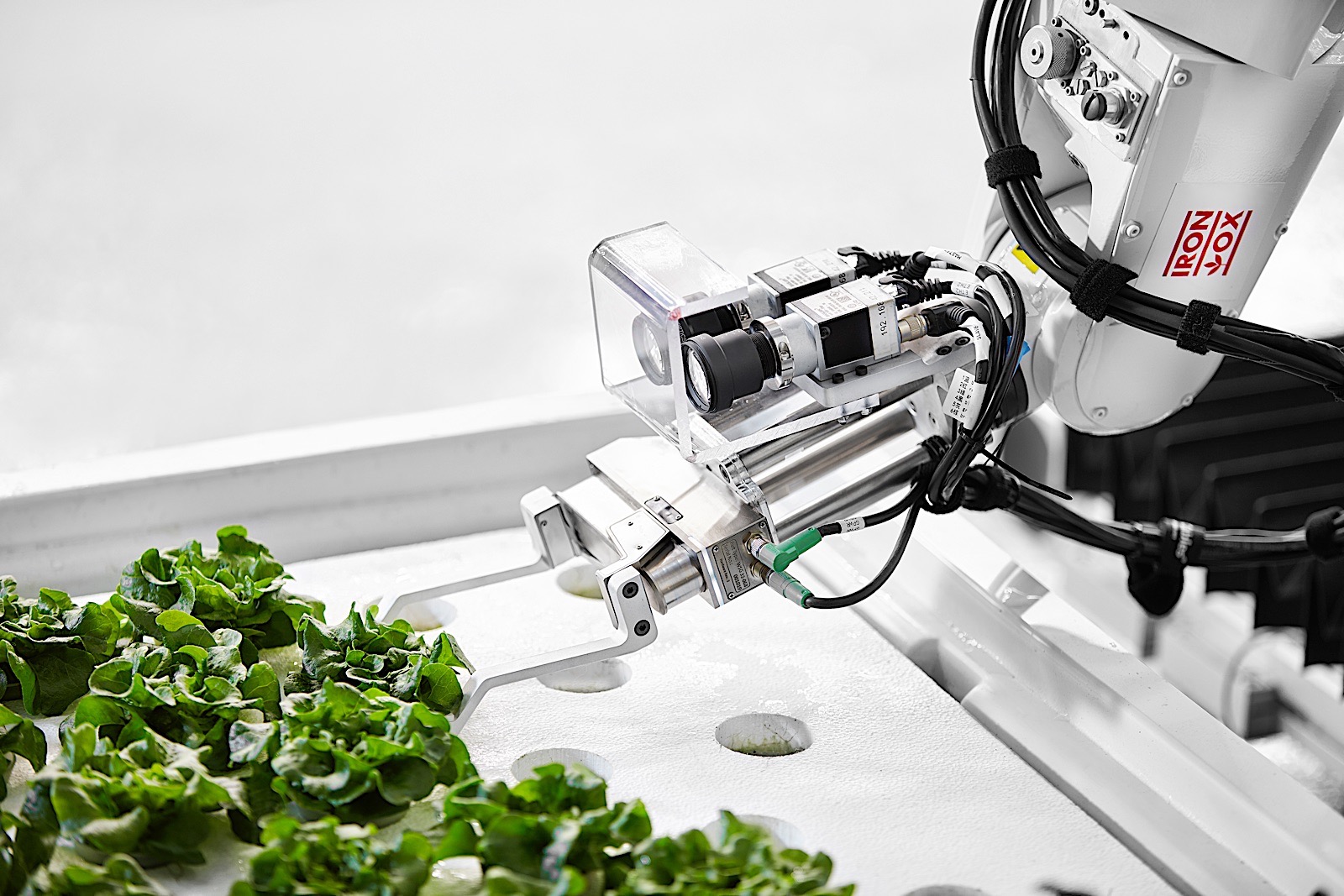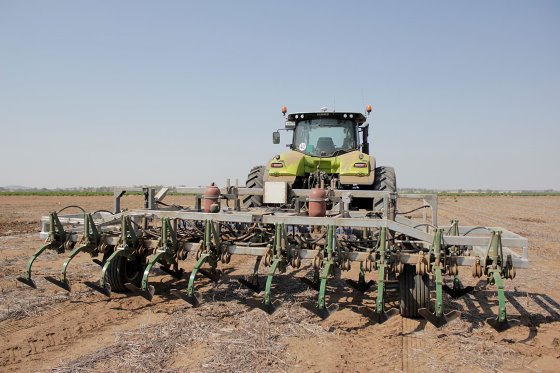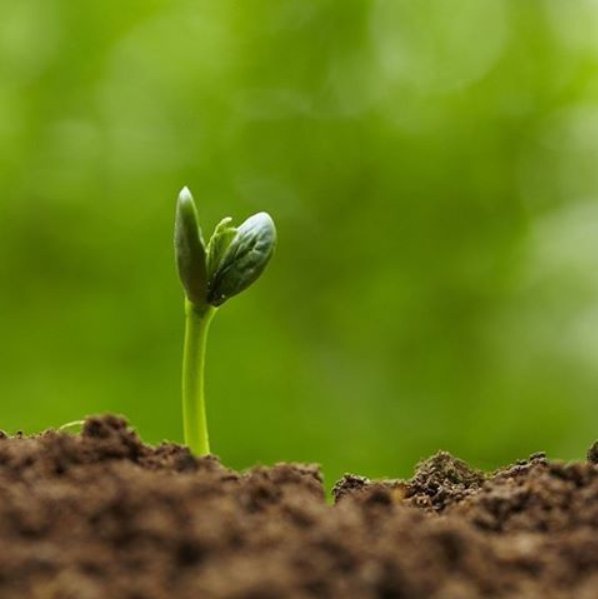A University of California, Berkeley professor stands at the front of the room, delivering her invited talk about the potential of genetic engineering. Her audience, full of organic farming advocates, listens uneasily.
Back in the good old days, farming was easy. Throw some seeds in the ground, keep it watered, pray to your preferred deity to spare your crops from pestilence and wait for harvest season.
Engineers and researchers from the University of Western Australia (UWA) and the University of Sydney have developed a mechanical weeding machine, that proves to be very effective in weed control in fallow.
If you've ever tried to ripen a piece of fruit by sticking it in a bag with a banana, you've harnessed the power of ethylene.
There has probably never been a time when food (at least in the developed world) has been safer. And yet there has probably never been a time when consumers in Europe are more concerned about what they eat and how it has been produced.
Farming’s most important crop may be data-
- Hits: 2081
Since 2011, farmer Sean Stratman has grown kale, cauliflower, broccoli and squash in Carnation, Washington. Then, a few years ago, he added a new crop to his bounty: knowledge, using drones and the intelligent edge to get near-real-time information about issues like soil moisture and pests.
Newsletter Subscribe
AGRI NEWS NET "LIVE" FEED
- The South African agriculture and land policy discourse is at risk of stagnating, mirroring the inertia seen in other developmental areas. Over the past three years, the government's acquisition of 2.5 million hectares of land under the Proactive Land Acquisition Strategy has resulted in underutilization or short-term leasing to farmers who lack the capital to maximize productivity.
- Gewasbeskerming is 'n mooi groot woord- dit klink baie mooi op die oor.. maar dit is baie mooi voorberei en kos baie geld en pas in jou produksiesyfers in- sodat jy nog 'n wins kan maak- Alles lyk mooi- opbrengs is goed- maar die vraag is hoeveel van die sogenaamde beskermingmiddels is nog in plant en hoeveel daarvan kom in jou lyf met groot negatiewe gevolge.
- Die DA in Gauteng sê inwoners het te doen met die gevaar van voedselonsekerheid weens die gebrek aan steun deur die provinsiale regering vir boere. Bronwynn Engelbrecht van die DA sê die jongste bruto binnelandse produk-data oor die landbousektor onthul die bedryf het in die derde kwartaal van 2024 ‘n skokkende afname van 28,8-persent beleef, wat die BBP-groei afgerem het met 0,7-persent.
- Die CBOT-mieliekontrakprys sal op $190,54/t bly aangesien die mark op 20 Januarie gesluit was weens president Donald Trump se inhuldiging. Plaaslik: Die SAFEX-mieliekontrakpryse het met oorwegend opwaartse tendense verhandel. Die geelmieliekolkontrak is die enigste mieliekontrak wat 'n daling ervaar het.
Popular News Tags
AGRI NEWS NET AUDIO CAST Feeding-
- What Needs to Change in Farming and Agriculture in 2025
- AGRI NEWS RUSH - News Headlines of the Week 18/01/2025
- Farmer safety in South Africa in 2025
- The Economics of Farming and Agriculture in South Africa 2025
- The global wine market 2025
- AGRI NEWS RUSH - News Headlines of the Week 11/01/2024
- Artificial Intelligence: All That Glitters Is Not Gold
- GLOBAL WATER OUTLOOK TO 2025 Averting an Impending Crisis

















